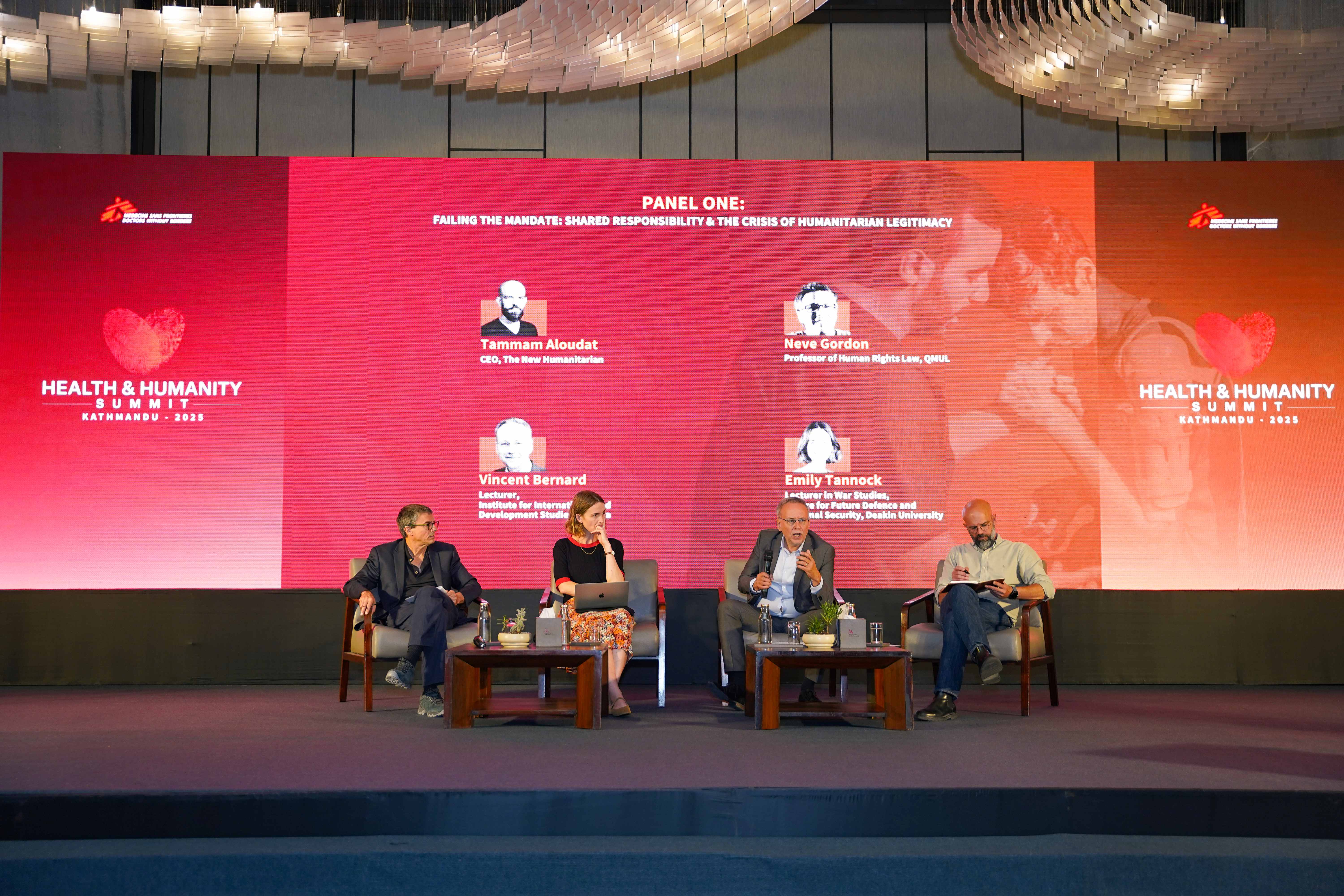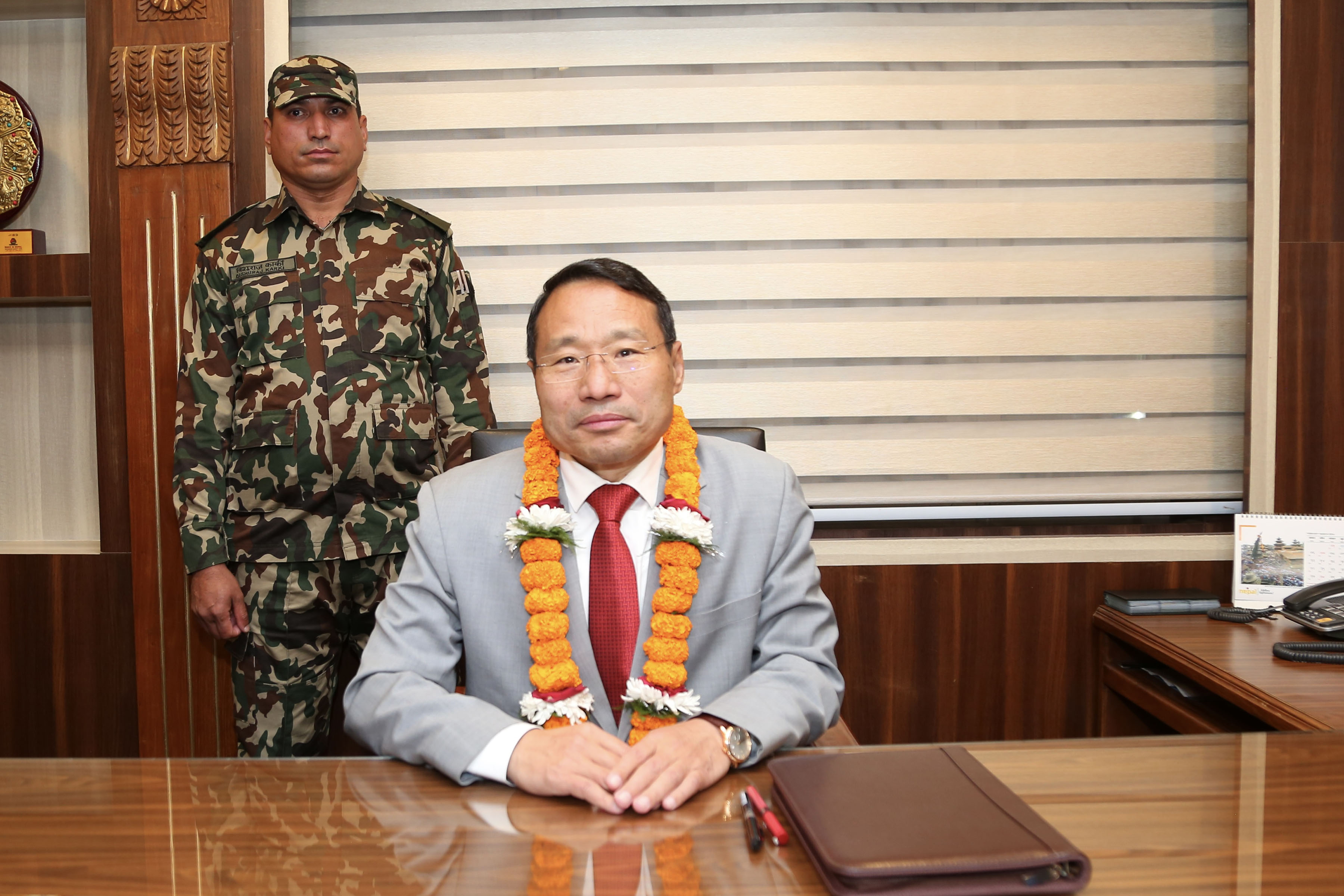KATHMANDU, Aug 18: Médecins Sans Frontières (MSF) South Asia held the 3rd edition of its Health and Humanity Summit in Kathmandu, bringing together over 180 participants, including public health experts, humanitarian practitioners, civil society actors and legal scholars, the organizers said in a press release.
The summit, themed “Beyond the Aid Crisis: Shared Responsibilities in a Fractured International Order,” addressed the growing challenges in global healthcare delivery and the erosion of humanitarian legitimacy. According to the press release, key discussions focused on three areas: shared responsibility in humanitarian action, sexual and reproductive health in crisis settings, and local community-led resilience.
MSF urges UN Security Council to take immediate and sustained...

Panels examined the collapse of legal and moral frameworks protecting healthcare in conflict zones such as Gaza and Sudan, the political weaponization of women’s health services in South Asia, and the role of grassroots actors in sustaining care where formal systems fail.
Speakers included Dr Farhat Mantoo, Executive Director of MSF South Asia; Dr Gopal Krishna Siwakoti, founding president of INHURED International and experts from MSF, Yale University, and Queen Mary University of London. Dr Mantoo emphasized that healthcare is a fundamental human right, calling for collaboration, shared courage and leadership grounded in local realities, the press statement read.
The press release further stated that the Summit also featured an exhibition and participatory sand art performance highlighting the fragility and resilience of humanitarian ideals. MSF South Asia said the event underscores the urgent need to defend healthcare not just as a service, but as a shared responsibility in an increasingly fractured international order.




































